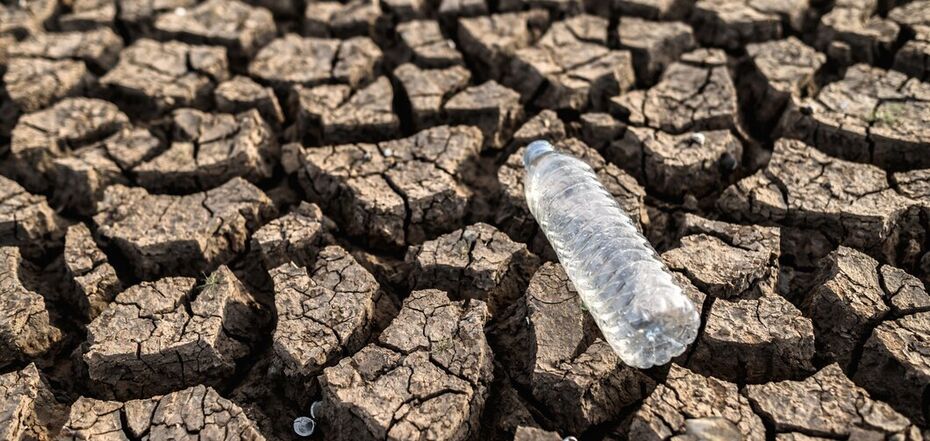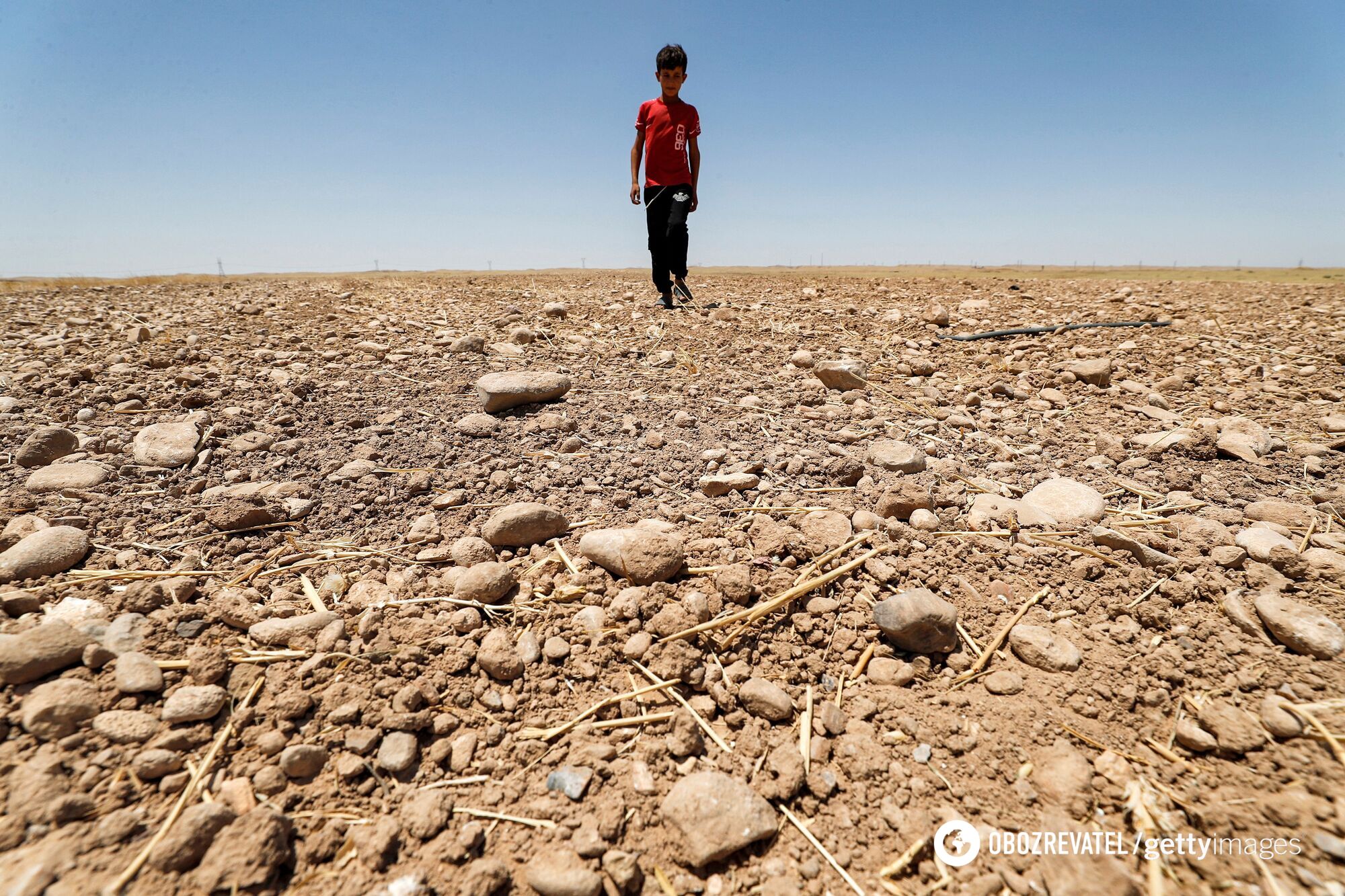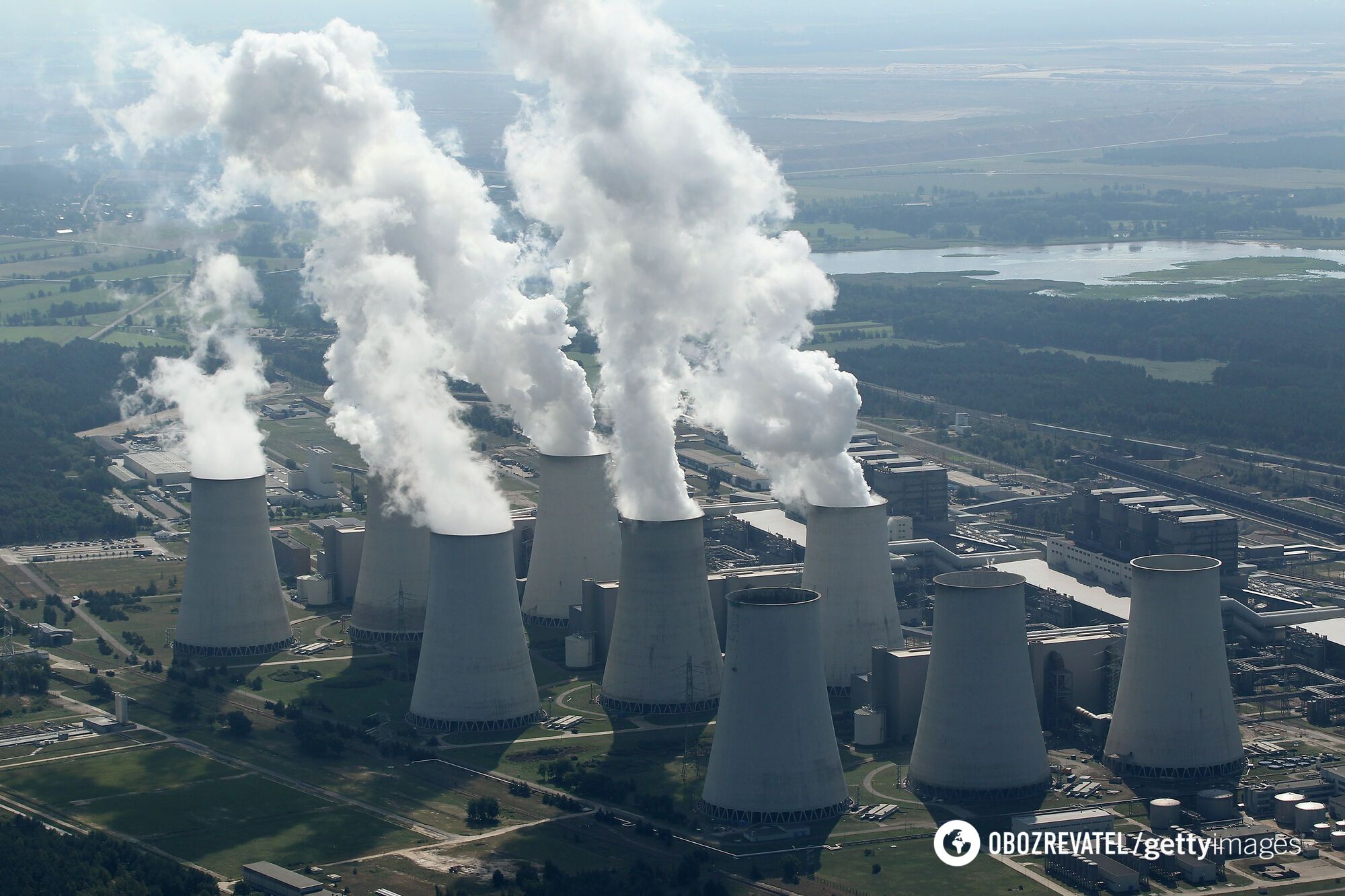News
70% of the world's population will feel it: scientists warned humanity about extreme weather in the next 20 years
Scientists warn that over the next 20 years, 70% of the world's population will see a "strong and rapid" increase in extreme weather events. Extreme heat and heavy rainfall are likely to become more common due to climate change.
According to Norwegian scientists, almost three-quarters of the world's population - approximately 5.6 billion people - will see dramatic changes in weather patterns if carbon emissions are not reduced. Even under the most optimistic scenario, more than 1.5 billion people worldwide will suffer from unbearable heat and flash floods, DailyMail writes.
Experts have found that a large swath of the planet, which includes Spain, Italy, Morocco, Peru, India, Pakistan and Saudi Arabia, is expected to see a "clear and rapid" increase in temperature and precipitation.
Researchers at the CICERO Center for International Climate Research in Oslo combined four large climate simulations to determine how much peak precipitation and temperature could change over the next two decades.
"We focus on regional changes because of their greater relevance to the experiences of people and ecosystems compared to the global average, and identify regions that are projected to experience significant changes in indicators," said lead author Dr. Carly Isles.
Under a high greenhouse gas emissions scenario, this research method determines that a large area of the globe will experience extreme changes. Regions such as the Mediterranean, Northwest and South America, and East Asia would experience "sustained, unprecedented rates of change for two or more decades."
In total, the regions where extreme weather events are expected to change rapidly will cover 70 percent of the world's population (5.6 billion) if emissions are not drastically reduced.
"The main finding is how rapidly weather patterns will change around the world over the next two decades, regardless of emissions reductions," said study co-author Dr. Bjorn Samseth.
In a low-emissions scenario, 20 percent of the world's population (1.6 billion) would still be affected. "Reducing emissions is working, but the changes we have already caused are so strong that they will dominate for some time to come," added Dr. Samseth.
If the world continues to get hotter and wetter at the rate predicted by the researchers, it will increase the likelihood of extreme events.
"Heat waves can cause heat stress and excessive mortality in both humans and livestock, stress to ecosystems, reduced agricultural yields, difficulties in cooling power plants, and disruptions in transportation," the researchers emphasize.
Only verified information is available on the OBOZ.UA Telegram channel and Viber. Do not fall for fakes!































